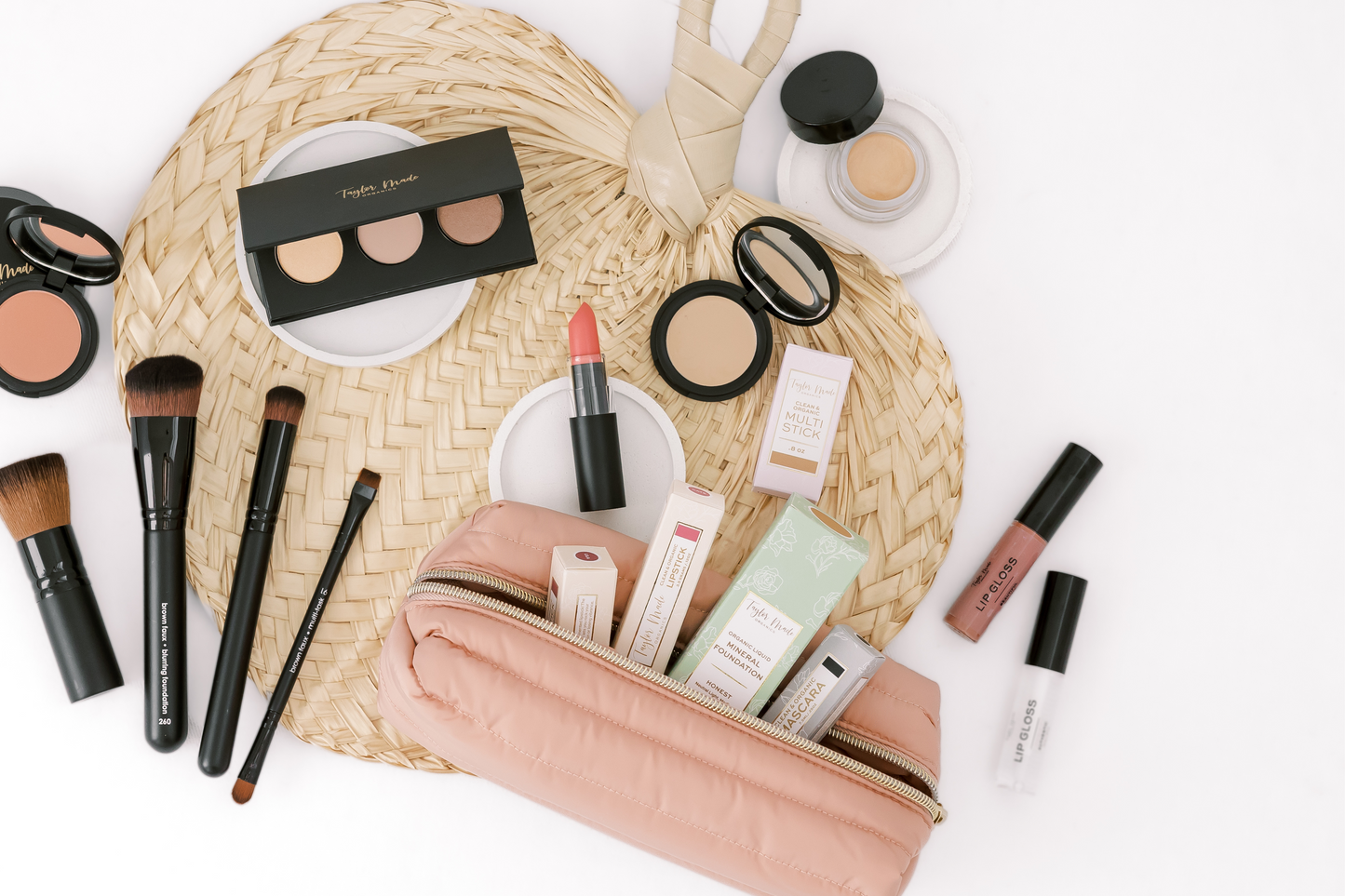
Seasonal Affective disorder
Seasonal affective disorder (SAD) is a type of depression that typically occurs during the winter months, when there is less natural sunlight due to shorter days. It can cause a range of symptoms, including low energy, difficulty concentrating, and changes in sleep and appetite. Fortunately, there are strategies and treatments that can help manage SAD, such as spending time outdoors, light therapy, and counseling. If you think you may be suffering from SAD, I suggest speaking with a mental health professional who can provide more information and advice.
What causes SAD?
Although the specific cause of seasonal affective disorder is unknown, some factors that might come into play include:
- Circadian rhythm (your “biological clock”). The reduced level of sunlight in fall and winter might cause winter-onset SAD. This decrease in sunlight might disrupt your body's internal clock, leading to feelings of depression.
- Serotonin level. A decrease in serotonin might play a role in SAD. Reduced sunlight can cause a drop in serotonin that might trigger depression.
- Melatonin level. The change in season can disrupt the balance of the body's level of melatonin, which plays a role in sleep patterns and mood.
Symptoms of SAD
The most common symptoms of SAD are similar to depression and include:
- Feeling listless, sad, or down most of the day, nearly every day
- Losing interest in activities you once enjoyed
- Having low energy and feeling sluggish
- Having difficulty concentrating
- Feeling hopeless, worthless, or guilty
- Having thoughts of not wanting to live
Additional symptoms typical of winter-onset SAD include:
- Oversleeping
- Overeating, especially with a craving for high-carbohydrate foods
- Weight gain
- Tiredness or low energy
Tips to overcome winter blues
Winter blues can be a difficult time for many people. One of the best things you can do to help yourself is to stay active and keep your body moving. Exercise can help boost your mood and energy levels. Additionally, getting outside during the daylight hours can help you get natural Vitamin D from the sun, which can help improve your mood and outlook. If you are not able to get out in the sun, you should take a Vitamin D supplement. Eating a healthy diet and getting enough sleep can also help keep your energy and mood up. Lastly, staying connected with friends and family, even if it’s just virtually, can help you feel supported and connected.
Herbs for depression
Herbs can be a great natural alternative to help with depression. Some of the best herbs to try include St. John's Wort, Rhodiola rosea, Ashwagandha, Lavender, and Lemon Balm. Before taking any herbs, be sure to talk to your doctor to make sure they are safe for you. Additionally, make sure you purchase herbs from a reputable supplier such as Thorne to ensure quality and safety.
Essential oils to uplift your mood
Orange essential oil is known to be an effective mood-booster! It's often used in aromatherapy to help reduce stress and lift the spirits. Its high concentration of the chemical limonene is thought to be responsible for its mood-enhancing effects. Try adding a few drops of orange essential oil to your diffuser and inhaling the gentle aroma to see if it helps to uplift your mood.
Try using the Joyful Citrus Roller to uplift your mood. Simply roll on your wrists or under your nose as needed.
For more health tips or to purchase supplements, please visit our dispensary.
Read the full article from Brent Bauer, M.D, Mayo Clinic
Please note: Our line of therapeutic self-care items is not intended to replace medicines or treatments that have been prescribed for diseases or cancers. They offer only natural relief and cannot replace any treatment that has been created using science that may save lives whenever it comes to disease or cancer.



